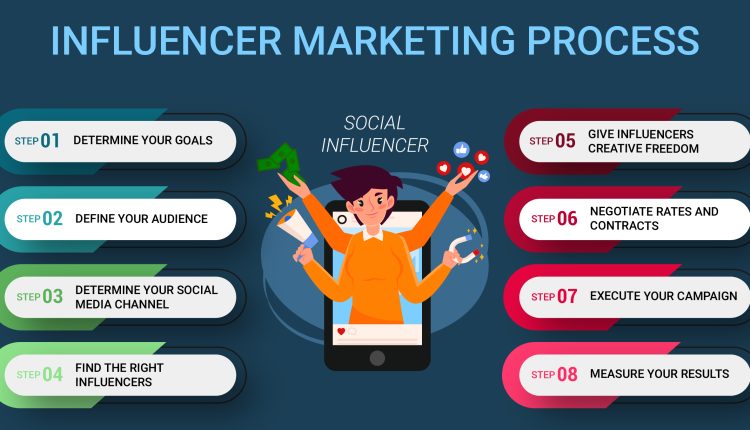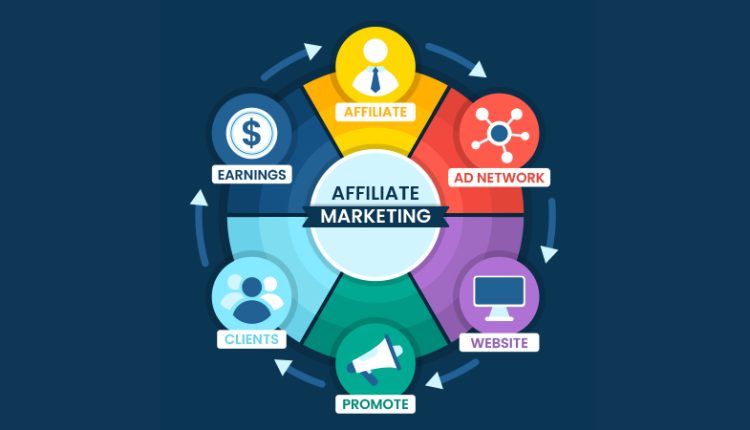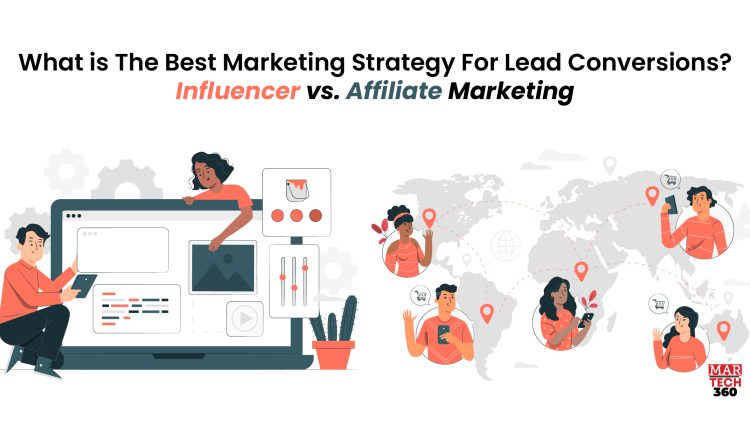Social media has tremendously empowered people over the years on their platform. Why? Because, becoming a celebrity is no longer a treacherous mountain to climb. Social media platforms have empowered individuals to gain popularity to become social media ‘influencers’ and even come into paid partnership with brands. Just like affiliate marketing!
Although these terms affiliate marketing and influencer marketing have been recently used interchangeably, they are not the same. To say the least, they have subtle yet important distinctions. Let’s clear up what exactly they mean.
What is Influencer Marketing?

Influencer marketing is typically done by influencers. They are individuals who have niche audiences on social media platforms. The marketing they do is for a customized audience. Brands tend to create awareness through these influencers as an indirect marketing tool to create customer loyalty, brand awareness, and boost sales.
This means that you pay for product placement and brand visibility on the influencer’s channel. Their audience is theirs, and they are in charge of it. It’s essential to give influencers the opportunity to choose the promotional story in order to support their ability to maintain their authenticity. The best strategy is to establish a long-term relationship with influencers in order to build consistency and achieve long-term goals rather than developing one-off initiatives.
One of the easiest, most effective ways to quickly increase brand awareness is through this type of marketing. Since influencer marketing is inherently personal, when the influencers have sway over your desired target market, your chances of attracting their attention are greatly increased.
What is Affiliate Marketing?

Affiliate Marketing on the other hand involves prominent personalities who are revered and liked by the general public. This is a way of passive income by several celebrities wherein they endorse products and services. This can also be considered a direct marketing strategy by brands.
The affiliate gets a cut of the purchase when customers buy goods or services after exploring leads like clicking on links. As a result, they perform the role of third-party advertising who link companies with customers in exchange for a commission on each successful registration, sign-up, or purchase. This is prominently a sales driven partnership.
The fact that you don’t have to spend time looking for affiliates who are compatible with the kinds of websites your target audience visits is one advantage of affiliate marketing. There are companies that offer affiliate marketing services that help you connect with businesses, handle payments, give tracking tools, and guarantee that your material only appears on reliable websites.
Also Read: How Marketing Analytics Makes Way To Empower Sales Funnel In Business
Influencer Marketing vs. Affiliate Marketing
With billions of people using social media platforms daily, it’s critical to pick the best method to market your brand to a wider audience. Influencer and affiliate marketing are excellent strategies to broaden your audience, educate it, and eventually convert it to customers. The table below illustrates the prominent distinctions between the two marketing for your thorough understanding.
| Affiliate | Influencer | |
| Target | Sales, orders, subscriptions, registrations, email sign-ups, | Social media engagement, email sign-ups, site traffic |
| Partnership On | Media platforms, Online publishers, Websites | Social Media, Content Creation Platforms |
| Brand Target | Sales and Awareness | Brand awareness |
| Compensation | Revenue share of a sale, Commission | Flat fee, Free products or services |
| Tracking | Tracking cookies & pixel to track data on the publisher’s site | Direct interaction with the publisher’s site |
| Headhunt Them On | Affiliate Marketing Networks, Trade publishers, trade events, social networks | Social networks, industry events |
The greatest strategy for both influencer and affiliate activities is to collaborate with people, businesses, or publishers whose target market fits your brand the best.
How to Decide Brand Strategy?
Influencers have the ability to communicate with millions of viewers. Although they may not have large followings, nano- and micro-influencers also appeal to people in niche areas who follow them enthusiastically and are willing to heed their advice.
Influencers may thus be the best affiliates. Influencers already have a targeted following, unlike other affiliate marketers. As long as they stick to the types of products their fans love, they have a ready-made group of enthusiastic and willing buyers ready to make purchases.
Many businesses choose to sell their products through an affiliate network, even if some brands deal directly with affiliates (influencers and others). They find it easier because they don’t have to bother about hiring salesmen, managing sales, or paying affiliate commissions.
Before deciding on your plan of action, it is crucial to decide what your goals are. Influencer marketing is a good option if you want to build brand awareness on social media platforms, but affiliate marketing is a better option if you want to advertise your goods elsewhere, especially when a deal is happening.
The most important consideration when choosing a strategy is your audience. In order to reach as many potential clients as you can, consider which platform your target market will be most comfortable using. Choosing a plan that fits the risk and investment you are ready to take on requires careful consideration of your budget as well as other factors.
Despite their differences, these two digital marketing strategies effectively benefit brands. However, caution should be exercised as when employed by the wrong influencers or affiliate marketers, they might destroy a brand’s reputation.
To Sum It Up
Influencer and affiliate marketing need not be rivals of digital marketing strategy. They are capable of cooperating with each other when utilized in a well thought marketing strategy. Determining your campaign goals, and then selecting the marketing approach most likely to achieve those goals are better ways to examine the distinctions between influencer and affiliate marketing.
Both approaches have the potential to produce an effective marketing campaign and can be combined to boost sales and brand recognition. You can manage multiple campaigns concurrently or vary your approach when your short- and long-term objectives alter to best serve your target audience.
The aim is to test several approaches to see what works best while being adaptable to your audience’s preferences.


Comments are closed.